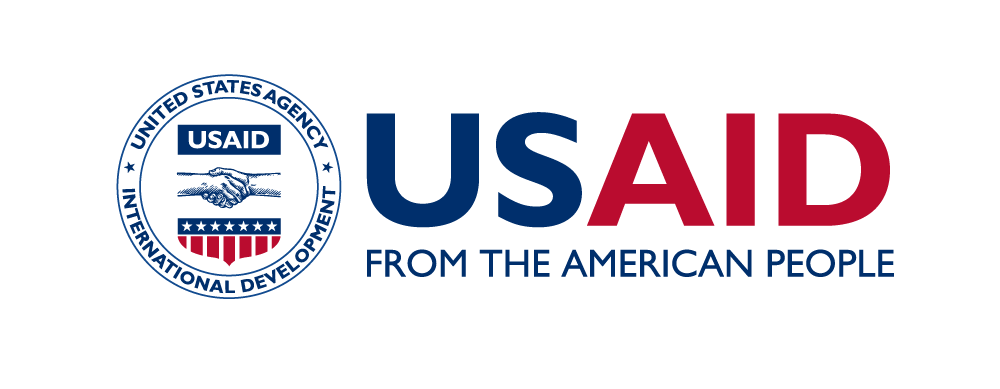
Post-selection Process
No, the pre-academic training is part of the scholarship award. If you are not selected, you cannot participate in the training.
Through pre-academic training, Lincoln Scholars will refine their English skills, standardized test taking skills, increase their understanding of the U.S. education system, and be prepared for life in the U.S. The training is designed to prepare you for your experience in the U.S. and is not a U.S. graduate program itself.
The academic placement team from the Institute of International Education (IIE) will apply for academic programs on behalf of Lincoln Scholars. Academic programs are chosen based on several factors including scholar eligibility, academic fit, and the cost of tuition. LSP DOES NOT consider university ranking or geographic location in the academic placement process. LSP will provide the details of the academic placement process in the future if you are selected.
It depends on the program you are admitted to. Most of the master’s programs are between 1 and 2 years long.
After the completion of the first semester of study in the U.S., scholars can submit a request to USAID to bring their dependents to the U.S. (spouses and children 18 and under). USAID and LSP will not provide any financial or logistical support for dependents. Approval of dependent requests is not guaranteed. More information on the request process will be provided if you are selected.
No. Lincoln Scholarship is a fully-funded scholarship and scholars are NOT allowed to work per J1 visa regulations.
Participants’ meals outside of the session (while traveling, before or after the session, etc.) and any personal travel before, during, or after the program are not covered.
Lincoln Scholarship Program and USAID will consider each instance of a scholar’s inability to complete the program on a case-by-case basis. Scholars chosen for Lincoln Scholarship Program will sign a Conditions of Sponsorship and Stakeholder Compact document with USAID. If a scholar is unable to complete their program due to their own lack of effort or breaches the terms of the rules and regulations of the program, then USAID has the right to terminate a scholar’s program and issue them a bill of collection for all expenses paid on their behalf. *Medical or family emergencies that prevent program completion will not be considered scholar negligence.
Most master’s programs in the U.S. require that students maintain a minimum of 3.0 GPA each term. You are expected to maintain the minimum GPA required by your program. If your GPA falls below a 3.0, you will be on academic probation. Lincoln Scholarship Program has support systems in place to help scholars who are struggling academically.
Yes, you have to return to your home country after the completion of your academic program. The objective of the program is to support promising young Myanmar Leaders from diverse backgrounds to obtain master’s degrees from U.S universities and to support them in applying their leadership skills to benefit their community and Myanmar upon their return.
Alumni are expected to remain involved in the program, including recruiting and mentoring new participants, sharing leadership experiences with new scholars, and participating in follow-up interviews and surveys to measure program outcomes. Alumni will also be encouraged to stay connected with each other and provide valued support to the projects and initiatives pursued after their time in the program concludes.
Scholars will depart to the U.S. according to the program timeline.